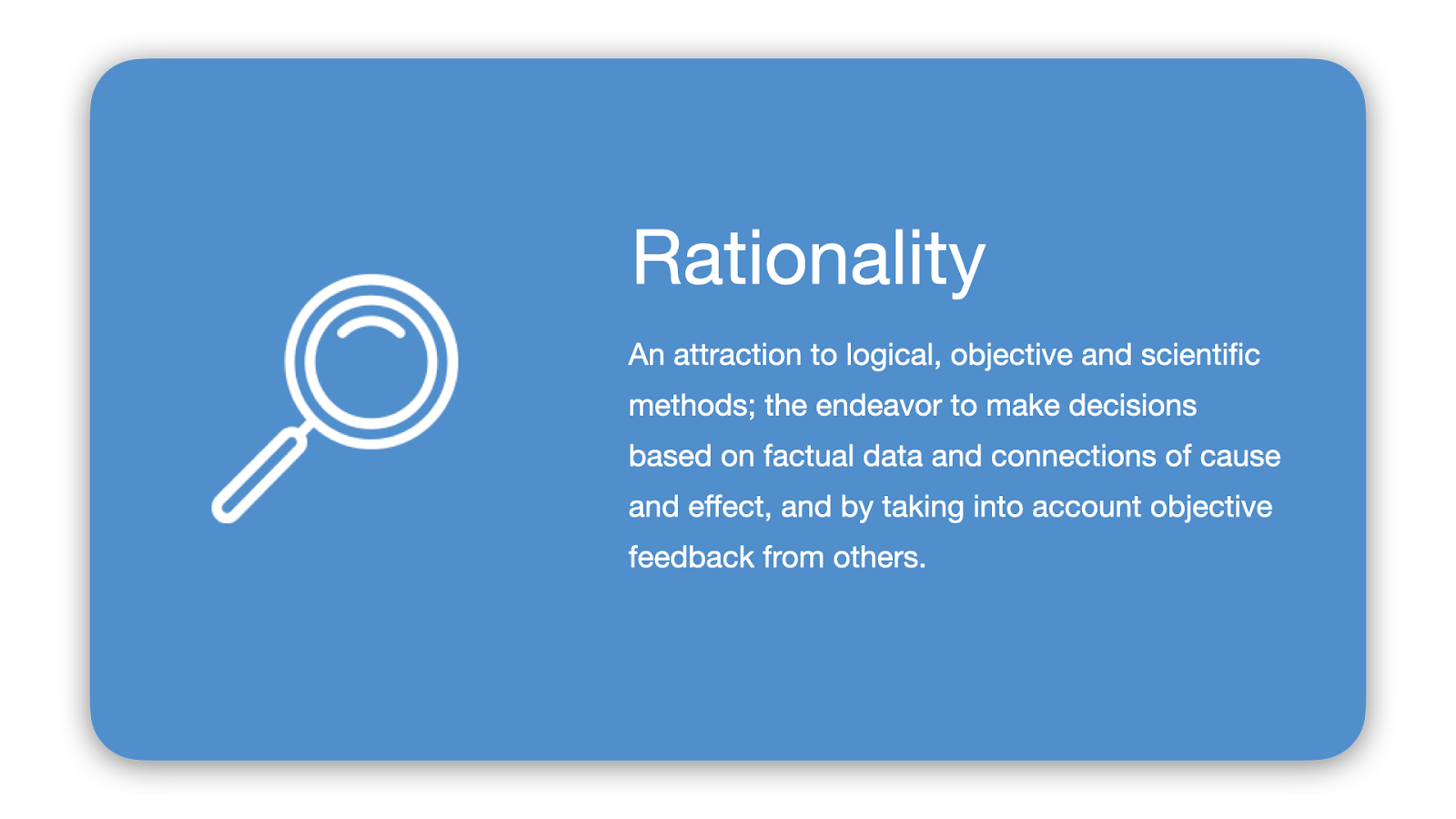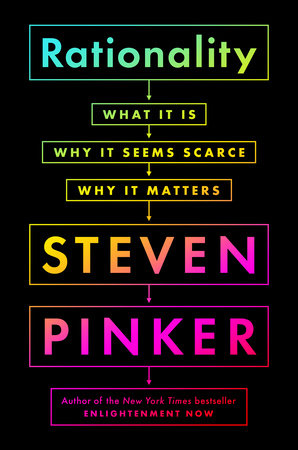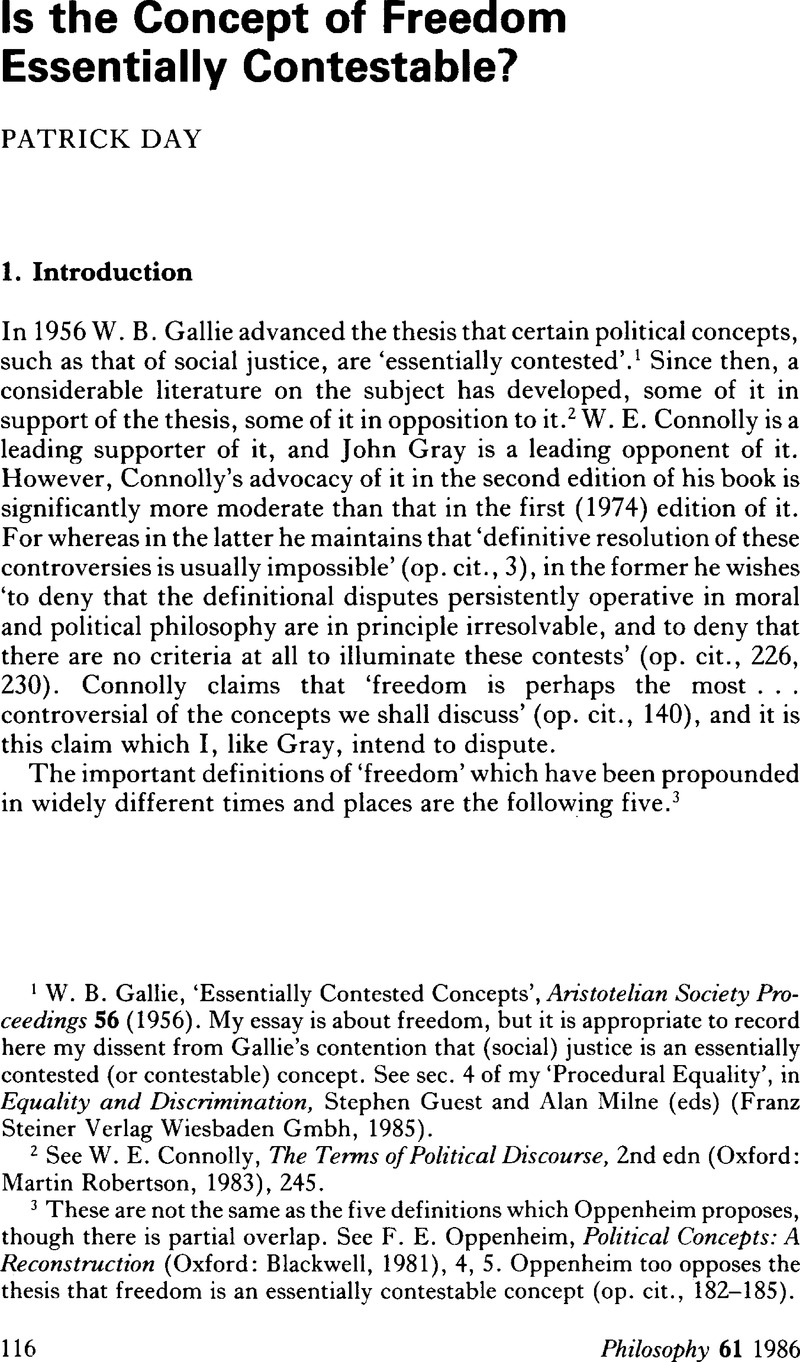In my opinion, "rationality" in politics is an essentially contested concept . If so, at least as applied to politics, a definition will never be universally agreed on. The Google definition, the quality of being based on or in accordance with reason or logic, itself is circular/flawed. My new friend Perplexity agrees with me that "rationality" is an essentially contested concept (ECC). For politics, "reason" is also an ECC. So are concepts like reasonable, open-mindedness, fairness, true truths, the rule of law and lots of other concepts common in politics, sometimes including, "constitutional", as in that is (or isn't) constitutional.
In view of the human messiness, my personal definition of rationality constitutes a description of an ideal to strive for. Specifically, my definition of rationality for politics is, more or less (and subject to revision or correction), that it is a state of mind consisting of (i) some non-trivial degree of self-awareness of human cognitive biology and social behavior such as unconscious biases and personal moral beliefs, (ii) a reasonable degree of open-mindedness and acceptance of (all three are essentially contested) toward inconvenient facts (not essentially contested among rational people -- see the circularity in that?), true truths (essentially contested) and sound reasoning (essentially contested), and (iii) reasonable adherence (contested) to a personal moral framework.
See how messy that is? That, coupled with personal agendas among the elites, is mostly why politics is so damned messy. ECCs shoot through about all or nearly all of politics. It is a freaking human plague. ECCs arise from the human brain-mind that came from evolution. Disagreements over ECCs lead to or underpins the "rationality" of wars, savagery, good things, stupid things and just about all other kinds of human behavior and disagreement.
In time, I came to understand and internalize what an ECC is and what it does to people, and their minds and politics. That understanding significantly changed how I viewed politics, individual humans acting alone and humans acting in various groups, e.g., families, clans, tribes, cults, and nations. My understanding of ECCs also made me aware of how powerful and effective dark free speech is in the hands of a talented demagogue. Demagoguery relies heavily on appeal to ECCs that the demagogue defines in ways that serve the demagogue's personal agenda, usually ideological supremacy and/or crass personal lust for lots of wealth and power. A demagogue's appeals are usually irrational and/or based on false information.
For me, stumbling across the concept of the ECC was a major personal epiphany. Applying it to rationality was fun.







No comments:
Post a Comment